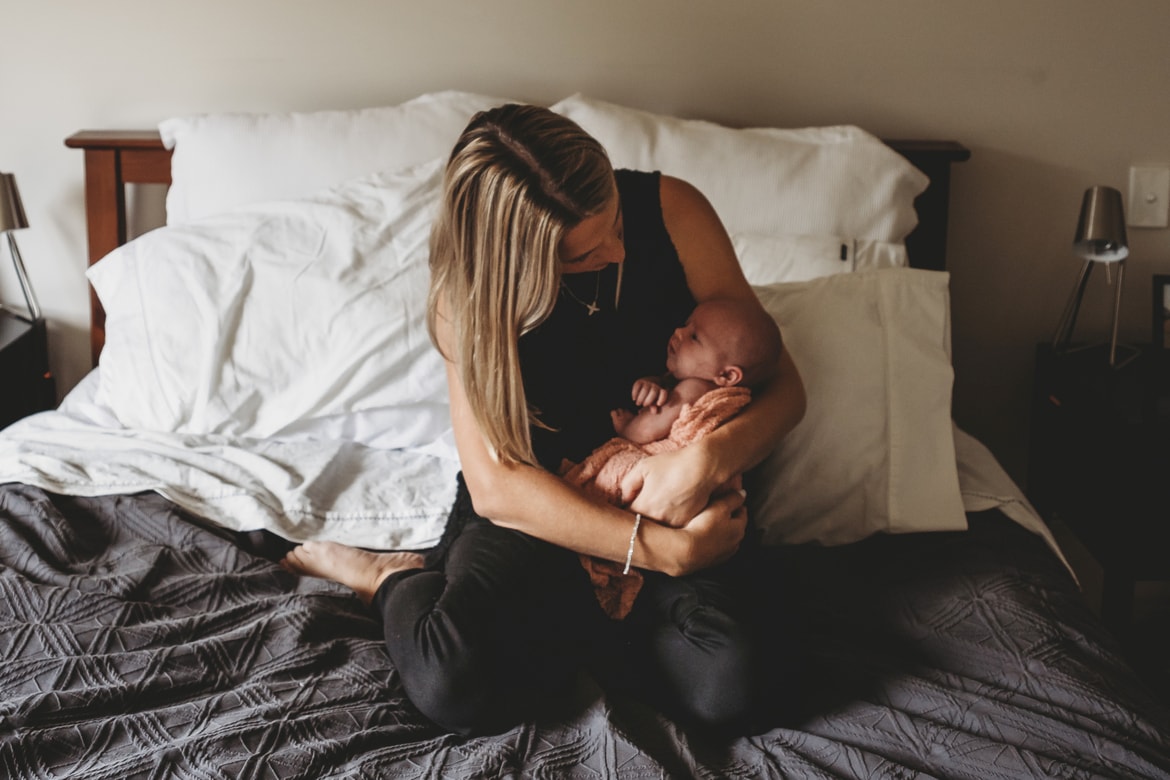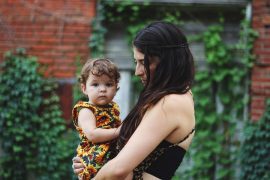By Sofie Eriksson
At the weekend, I was feeling stressed. I had loads of writing to get done in a short space of time, my daughter was going for her first sleepover, my son’s birthday is coming up and we are living in a disaster DIY zone…
And then the dishwasher broke.
It was just one of those weekends.
As an adult, I was able to use my legs to walk to the kitchen where my hands made me a cup of tea. I used my words to ask my husband for a chocolate biscuit. When I entered my living room, I realised I felt cold, so I walked over to the thermostat and turned the heating up. My legs walked me back to the sofa where I sat down and covered myself with a blanket. My husband came and sat down next to me.
I used my developed brain to formulate words and I expressed my thoughts using speech. I voiced a want of comfort and reassurance and that’s what my husband offered me. He put his arm around me. He helped me make a plan and he told me “you’ve got this“.
Luckily, I’m not an infant or a young child. If I was, I wouldn’t have deserved that comfort.
“It’s only for comfort”
Over the last few days, this statement seems to be creeping up everywhere. Never really in relation to adults though.
Don’t think I’ve ever heard someone say, “my husband kept asking me for cuddles last night. In the end, I told him to just go to sleep. I ended up just leaving the room and shutting the door! He did call for me but he was dry, warm and had a full tummy. He was only asking for me for comfort, so I walked away”.
No, we only hear this type of statement in regards to babies. Babies with immature brain development, babies who can’t walk to where they want to go, babies who can’t talk to express their needs, babies whose motor skills won’t allow them to fetch themselves a drink, babies who can’t get a blanket and cuddle down whilst expressing with words a need for reassurance or company, fear or sadness.
Babies can call out for us and babies can cry. Babies can express feeding cues and as toddlers, they can ask for us to be there for them, yet we think it’s OK to choose to not hear them.
Why are we so hellbent on denying children comfort when they’ve been feed, changed and tucked in?
Does having a full tummy, a warm blanket and a dry backside leave you completely worry free?











